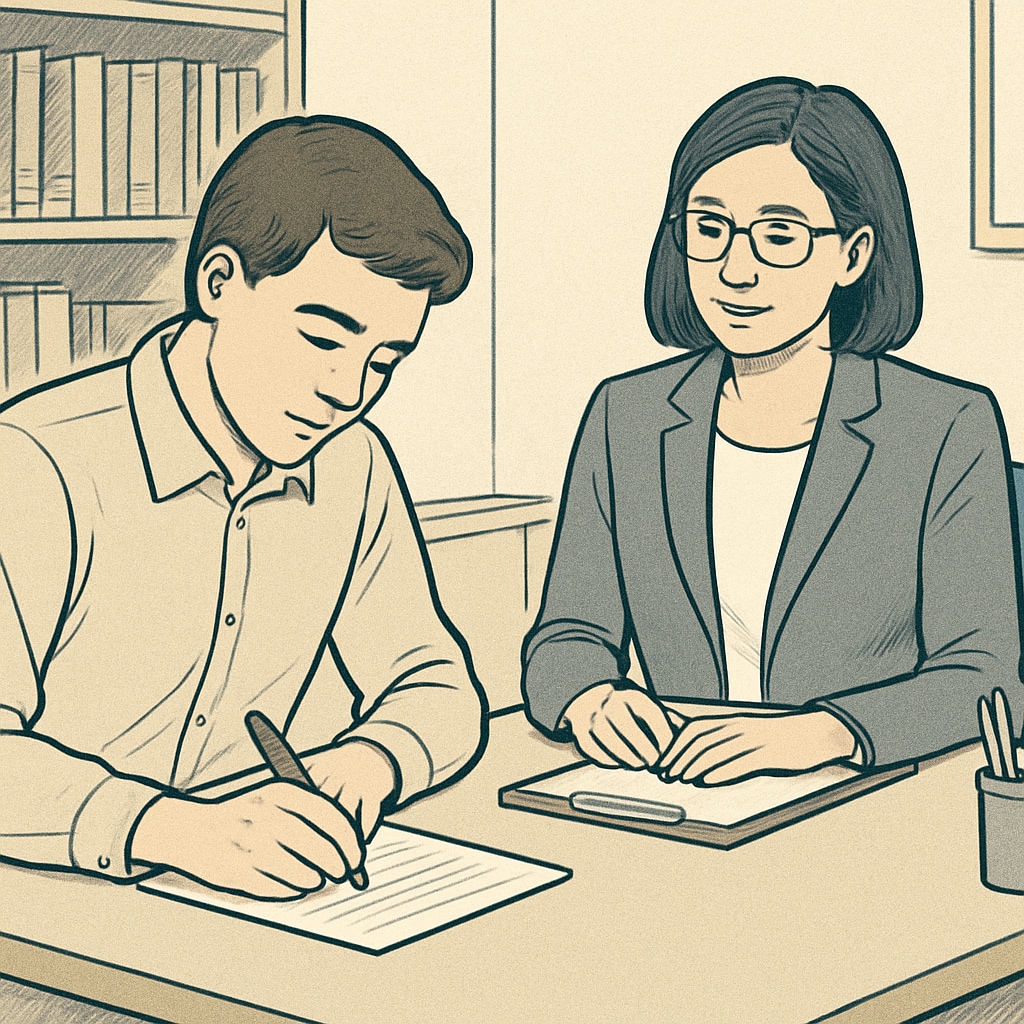For graduate students pursuing degrees in counseling, assignments like interviewing school counselors are essential for bridging the gap between academic theory and real-world practice. Such tasks not only enhance understanding of the school counseling profession but also provide valuable insights into the practical challenges and strategies employed by professionals. This article delves into the significance of conducting these interviews, the common hurdles students face, and effective approaches to ensure a successful and impactful experience.
The Importance of Interviewing School Counselors
Graduate-level assignments often emphasize experiential learning, and interviewing school counselors is a prime example. These interactions allow students to explore the day-to-day realities of the profession, including counseling strategies, administrative responsibilities, and approaches to addressing student needs. For many, this is the first step in transitioning from theoretical coursework to hands-on application in real-world settings.
Moreover, interviews provide students with a unique opportunity to build their professional networks. Establishing connections with experienced counselors can open doors to mentorship opportunities, internships, and future career advancements. As a result, these assignments are not merely academic exercises but integral components of professional development.

Common Challenges and How to Overcome Them
Despite the benefits, many graduate students encounter challenges when arranging and conducting interviews with school counselors. Some common obstacles include:
- Scheduling conflicts: School counselors often have packed schedules, making it difficult to find a mutually convenient time.
- Nervousness: For students who lack prior professional experience, initiating contact and conducting the interview can be intimidating.
- Lack of preparation: Without a clear plan or set of questions, interviews may lack focus and fail to yield meaningful insights.
To address these challenges, students can adopt the following strategies:
- Plan ahead: Reach out to potential interviewees well in advance, offering flexible scheduling options to accommodate their busy calendars.
- Prepare thoroughly: Research the counselor’s background, school environment, and relevant topics to formulate thoughtful questions.
- Practice professionalism: Approach the interview with confidence, maintain a respectful tone, and express genuine curiosity about their experiences.
Practical Steps for Successful Interviews
To maximize the value of school counselor interviews, students should adopt a structured approach. Here are some practical steps:
- Set clear objectives: Identify the key areas you wish to explore, such as the counselor’s role in supporting students’ mental health or their collaboration with teachers and parents.
- Draft a guide: Prepare a list of open-ended questions that encourage detailed and insightful responses.
- Choose the right platform: Whether in-person, via phone, or through video conferencing, select a mode of communication that ensures convenience and clarity for both parties.
- Follow up: After the interview, express gratitude with a thank-you note or email, and summarize key takeaways to reinforce your learning.

Building Long-Term Professional Relationships
Networking is a vital skill for aspiring counselors, and these interviews can serve as a foundation for building lasting professional relationships. To maintain these connections:
- Stay in touch: Share updates about your academic progress and express continued interest in the field of school counseling.
- Seek guidance: Don’t hesitate to reach out for advice or mentorship as you progress in your career.
- Offer value: Whenever possible, contribute to the professional relationship by sharing resources or insights that may benefit the counselor.
Conclusion
Interviewing school counselors is a transformative experience for graduate students, offering a blend of academic enrichment and professional growth. By addressing challenges, preparing effectively, and leveraging the insights gained, students can enhance their understanding of school counseling while laying the groundwork for a successful career. As a result, these assignments become more than just a requirement—they become a stepping stone toward meaningful contributions to the field.
Readability guidance: This article maintains a balance between academic rigor and accessibility. Short paragraphs, clear headings, and actionable tips ensure readability while adhering to professional standards.


